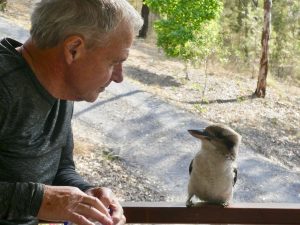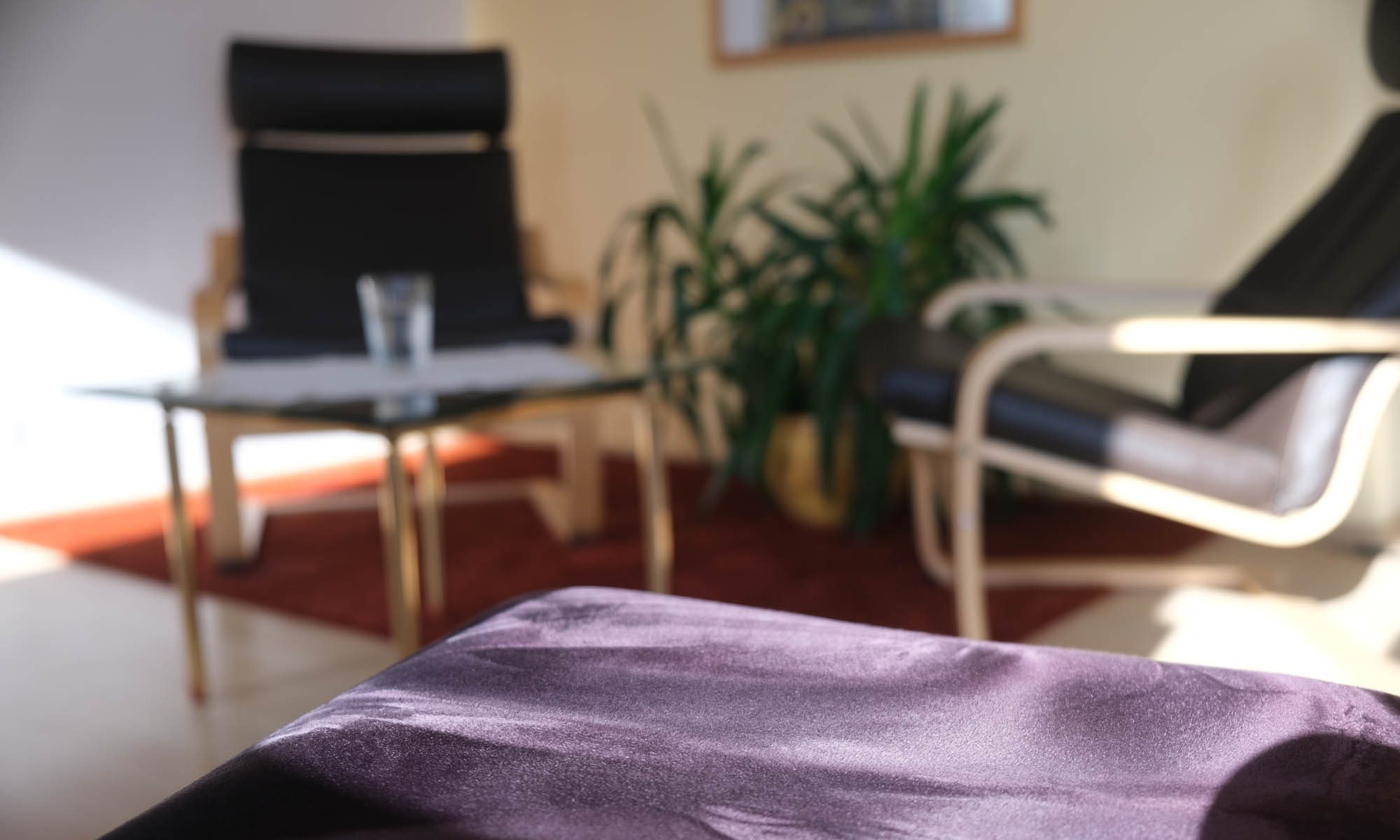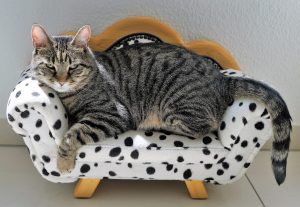
Glühwein schmeckt auch in Schottland
Glühwein schmeckt auch in Schottland – In diesem Jahr erhältst Du meinen Weihnachts- und Neujahrsgruß in Form einer Kurzgeschichte. Lass Dich mitnehmen in eine Geschichte, die vom Abschiednehmen und Neubeginn handelt. Von der Kunst, aus den Steinen, die uns immer wieder in den Weg gelegt werden, etwas Schönes zu machen. Eine Geschichte, die im Übrigen zu jeder Jahreszeit aktuell ist.
Meine Kurzgeschichte möchte ich zum Anlass nehmen, Dir das Konzept der „Salutogenese – Was uns gesund hält“ vorzustellen. Ich habe dazu einen extra Beitrag geschrieben, weil ich das Konzept nicht in ein paar Worten abhandeln wollte. Dazu finde ich Salutogenese viel zu interessant und bedeutsam. Vielleicht geht es Dir genauso, mit einem Klick kommst Du zu meinem Beitrag. 🙂
Glühwein schmeckt auch in Schottland – von Bettina Bonkas
„Noch etwas Milchkaffee?“
Ihre Gastgeberin hielt ihr die Espressokanne einladend entgegen. Eigentlich war Martha wunschlos glücklich, aber sie wollte einfach noch nicht Alva und ihre gemütliche Küche verlassen. Wo hatte sie nur all diese schönen Sachen her? Das kleine Holzschränkchen mit den Verzierungen und den bunten Knöpfen? Der große Spiegel mit geschwungenem Metallrand, in dem diese starke Postkarte steckte, auf die sie immer wieder schauen musste:
„What if I fall? – Oh, my darling, what if you fly*?“
(*“Was ist, wenn ich falle? Aber mein Schatz, was ist, wenn du fliegst?“)
Die Hände um die große Tasse haltend, ließ sie sich Kaffee & Milch nachschenken und blickte gedankenverloren aus dem Fenster, auf die mit Schnee bepuderten Dächer. Rauch stieg aus den Schornsteinen, Kristalle hingen an den Bäumen. Überall Weihnachtsbeleuchtung, die dem grauen Tag einen wundervollen Glanz verlieh. Was für eine Atmosphäre!
Gestern noch stand sie gestresst auf der Autobahn mit angespanntem Rücken und Kopfschmerzen. Sie hatte schon wieder bereut, dass sie – einer spontanen Eingebung folgend – diesen Kurztrip so kurz vor Weihnachten gebucht hatte. Aber jetzt war sie einfach nur froh, hier zu sein. Es war irgendwie total verrückt, aber sobald sie Alvas Wohnung betreten hatte, fiel all die Anspannung von ihr ab. Alva strahlte eine wohltuende Ruhe aus und gleichzeitig war sie so lebendig.
„Komm, ich zeige Dir erst einmal Dein Zimmer. Wenn Du soweit bist, kannst Du gerne zu mir hoch in die Küche kommen und ich mache uns einen Tee.“ Die Tasse Tee zur Begrüßung kannte Martha sonst nur aus England.
Gerne war sie Alvas Einladung gefolgt. Das Schöne und vor allem Entspannende war, dass sie einfach nur dasitzen konnte. Alva schien instinktiv zu spüren, dass ihr nicht nach reden war. Sie wollte einfach nur diese wohltuende Ruhe genießen, die von dieser Frau und ihrer Wohnung ausging.
Am zweiten Abend reichte ihr Alva Stifte und Papier. „Du magst vielleicht aufschreiben, was Dich bewegt. Damit bekommst Du es ziemlich gut aus dem Kopf.“
Martha zögerte erst, dann begann sie zu schreiben.
„Glühwein schmeckt auch in Schottland“ weiterlesen
 Small Talk auf Englisch?
Small Talk auf Englisch?





 Ich denke, also bin ich oder Ich mache mir die Welt, wie sie mir gefällt
Ich denke, also bin ich oder Ich mache mir die Welt, wie sie mir gefällt Die Zeit zurückdrehen
Die Zeit zurückdrehen